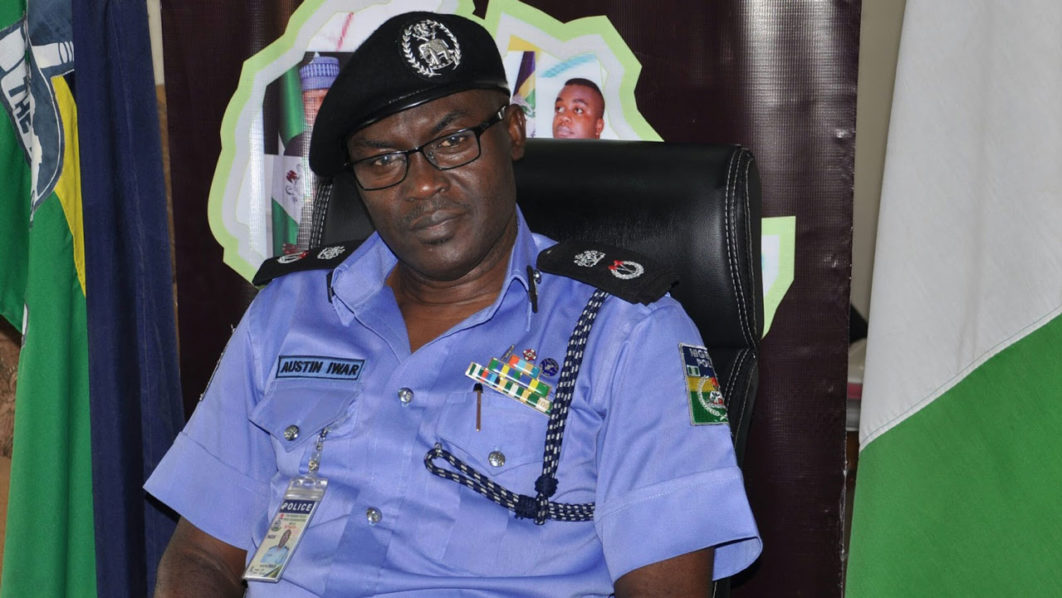
This is because the spate of attacks and killings on the road has become routine, as armed bandits now rob travellers of their valuables, and abduct some of them for ransom round-the-clock.
It would be recalled that the Kaduna State Commissioner of Police, Austin Iwar, at a media briefing in January this year, vowed to dislodge kidnappers and other criminals terrorising the state.
On that occasion, Iwar said: “Measures would be taken to frustrate and reduce the disturbing activities of kidnappers and other criminals.
As part of activities towards improving the security situation in the state and providing services to our people according to best practices, we plan to involve our communities more in determining policing priorities in order to serve them better.”
But despite claims by the State Police Command that it was stepping up efforts, the spate of kidnappings on that route points to the fact that the kidnappers are still very much in business, and not ready to bow anytime soon.
For instance, on April 6, 2018, gunmen along the Abuja-Kaduna Expressway abducted the Managing Director of Kaduna State-based Safari 54 Farms, Mr. Shedrack Madlion and his son.
The kidnappers reportedly demanded N50m ransom, but eventually agreed to collect N10m before the farmer was set free alongside his son.
Again, on May 12, while residents of the state were busy voting during the local council poll, a band of desperate outlaws attacked travellers on the highway, killing a number of persons in the process. Some were allegedly abducted, while others sustained injuries.
The latest attack, which caused public outrage occurred on July 22, 2018, where over 10-armed gunmen laid siege to the expressway, and in the process killed a former Education Commissioner in Katsina State, Professor Halimatu Sadiya, an army officer and his daughter, as well as, a police officer.
The bandits reportedly abducted many.
Eyewitnesses revealed that the unidentified armed men mounted a roadblock on the expressway by Gidan Busa Village at about 6pm and opened fire indiscriminately upcoming vehicles killing about four people in the process.
They thereafter fled the scene before the arrival of policemen.
Even though the police recently claimed the arrest of eight suspects, which it linked to the crime, many unreported crimes are committed along this particular highway by bandits wielding highly sophisticated weapons, and ever ready to snuff life out of any uncooperative victim.
In the heat of the bandits’ activities in 2017, the Police High Command deployed about 600 men and 90 security vans to curtail the menace.
The initiative recorded successes at the early stage as 32 suspected kidnappers were arrested a week into the operation.
Since the exercise was discontinued, the expressway has once again become a nightmare for many drivers and passengers, as many of the policemen deployed there have been gradually withdrawn from the area.
Apart from motorists and road users, members of communities around the expressway who dare divulge information to the police are equally visited with mayhem and in some cases killed.
A former special assistant to former Governor Ahmed Makarfi, who spoke on behalf of the Katari people, a community in Kachia Local Council of the state, when the Minister of Interior, Lt-Gen Abdulrahman Dambazzau visited them in 2017, disclosed that 18 people were killed for allegedly giving information to the police on the activities of the criminals.
A visit to the Idu Train Station in Abuja, last Friday, showed that the passengers’ car park was filled with exotic and flashy cars, a development that hinted at the profile of their owners.
A security officer, who spoke to The Guardian noted that the people who come to board the train were mostly VIPs, including politicians and their relatives.
For the regular shuttle, the fare for the executive class is N2, 500, while N1, 300 is charged per head in the standard class.
Also, the express train fare for the executive class is N3, 000 and N1, 500 for the standard class.
One of the passengers, a high-ranking civil servant, who pleaded anonymity said, “Travelling through the rail is shorter compared to the road.
Also, the expressway is like a death trap now, so nobody wants to risk being killed or kidnapped,” she said.
Another passenger, Ibrahim Bashir who bought an executive class ticket also lamented the rise of insecurity on the highway saying, “Yesterday, I and my relatives came late to the station so we missed the train.
There was a car to take us down to our destination, but we refused to make the trip by road. I feel the train is a safer option and even more comfortable.”
Motorists plying the road have also raised concerns. At the Zuba Park in Abuja, a driver who plies the route, Yusuf Musa, told The Guardian that insecurity has been a major issue along the route since 2015, adding that criminal activities have also become routine.
Another driver who has been plying the Abuja-Kaduna Expressway for about 10 years, Alhaji Musa Kano, disclosed that he was once caught up in an armed robbery scene along the way, regretting that bandits now operate freely at any time of the day.
He expressed fears that if the situation is not brought under control, many drivers might stop plying the road soon.
He urged the Federal Government to deploy more security operatives to end the menace, especially along the Jere-Katari axis, an area infamous as the hotbed of criminal activities.
[ad unit=2]





